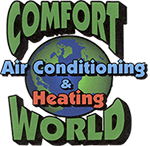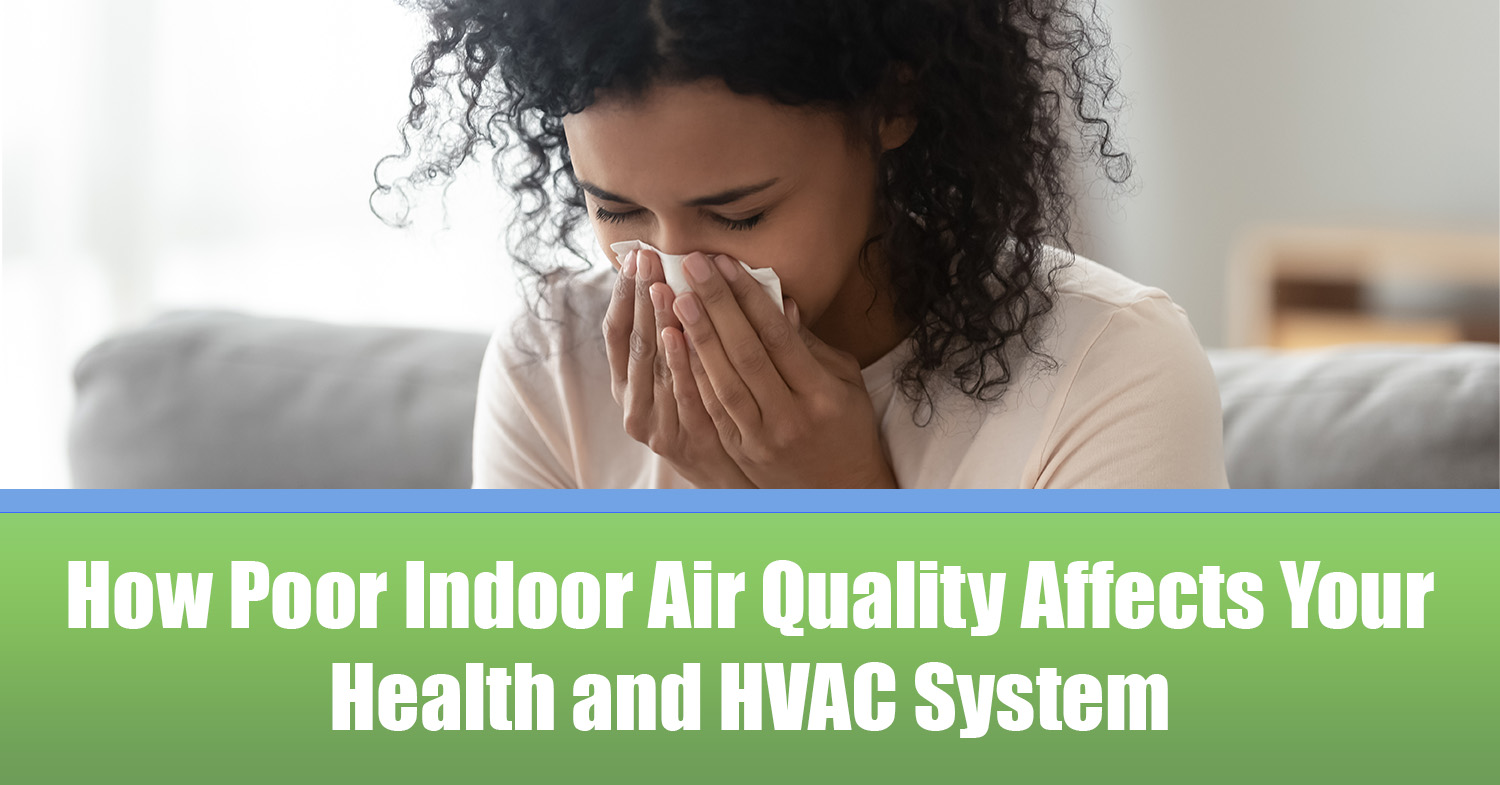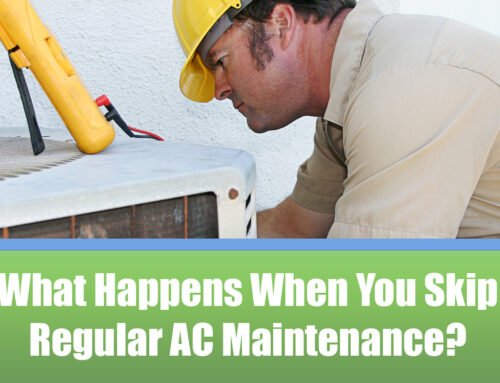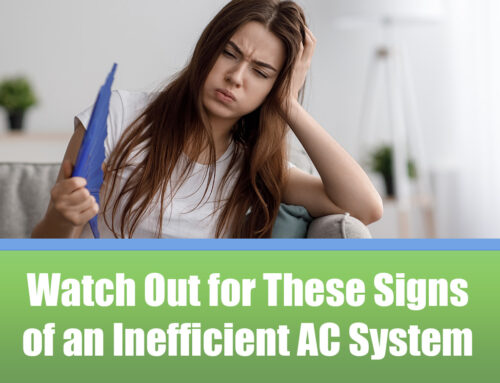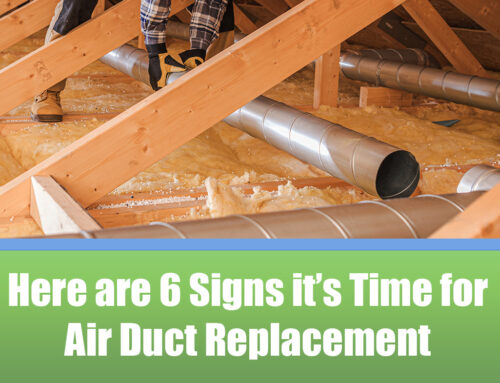When it comes to keeping you and your family healthy, indoor air quality matters. Know the impact poor indoor air quality can have on your health as well as your HVAC system and what you can do to fix it.
What’s in Your Air
Even if the air in your home seems clean, there are likely some pollutants floating around you can’t see. The Environmental Protection Agency (EPA) has found that our indoor air can be two to five times dirtier than the air outside. These pollutants include dust that can accumulate within your heating and cooling systems, pollen that can enter through an open window, toxic chemicals that spread when you use cleaning products…the list goes on.
Here’s a list of common pollutants found in your indoor air:
- Pollen
- Pet dander
- House dust mites
- Mildew
- Mold
- Bacteria
- Viruses
- Carbon monoxide
- Volatile organic compounds (can come from new flooring, paint, and cleaning products)
Having these pollutants circulate throughout your home can not only have serious effects on your health but can cause damage to your HVAC system as well.
How it Affects You and Your HVAC System
Worsen Allergies and Asthma
If you suffer from allergies or asthma, you know how much the environment can affect your symptoms. When dust, pollen, dirt, pet dander, mildew, and mold build up in your air, it gets circulated throughout your home. This can trigger severe allergy symptoms and asthma attacks, making it miserable to be inside your home.
Even for those who don’t suffer from allergies and asthma, breathing in dirty air can cause congestion, headaches, and irritate your throat and eyes.
Cause Fatigue
Breathing in contaminated air can also cause fatigue. With dirty air, your lungs work similarly to your HVAC system. When pollutants are present, your HVAC system works harder to distribute air throughout your home. Your lungs also have to work harder to distribute air to other parts of your body. This can make you tired and feel like you’re running out of energy faster.
Cause HVAC Issues
When there are pollutants in your home’s air, it means that your HVAC system works harder and gets dirtier faster. Dirty air filters reduce airflow and spread dust, dander, and other allergens back into the air. This not only causes problems for you and your lungs, but when your HVAC system gets dirty, it means it has to work harder and can cause your system to break down more easily.
Raise Utility Bills
Not only does your HVAC system working harder mean it can break down more easily, but it also means it uses up more energy, resulting in a higher energy bill. If your utility bill is higher than normal, it’s important to get your system checked out to make sure everything is working as it should and there’s no mold or contaminants harming your system.
How Can You Improve Your Indoor Air Quality?
If you’re worried about how the quality of your indoor air can impact your HVAC system and your health, here are a few things you can do to improve the situation.
Keep Your Air Vents Clean
Dust, smoke, and other particles accumulate in vents and then can be circulated through your whole home, causing poor indoor air quality. To help avoid that, make sure you’re cleaning your air vents and registers ever so often.
To effectively clean your vents:
- Turn off your HVAC system
- Unscrew the cover and scrub it clean with warm soapy water. Then wipe dry with a soft cloth
- Use a vacuum with a hose extension and clean out the interior of the vent
- Screw the cover back on
Change Your Air Filter
The main purpose of your HVAC filter is to prevent dust from entering your heating and cooling system, but it also impacts the air quality in your home. All the air in your home that circulates through your system will go through the filter first. So when you have a clean filter, it will effectively remove dust and pollutants. A dirty filter won’t filter as well and can act as a reservoir for contaminants that are continuously circulated back into your home’s air.
Change out your filter once every three months and the quality of your indoor air will be better for it.
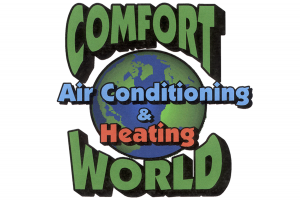
We’re ready to help improve your air quality and bring a little more comfort to your world.
Get Regular Maintenance
Getting HVAC maintenance on a regular basis will also help to keep your air quality in good check. During maintenance, an HVAC technician will thoroughly inspect your heating and cooling system. They’ll look for leaks, dirty and grimy coils, broken components, malfunctioning parts, and other issues. Proper servicing and repair can reduce the presence of harmful particles and allergens in your indoor air and help catch problems before they get worse. At the end of the day, it’s truly a win-win.
If you want to improve your poor indoor air quality or are due for your HVAC maintenance, Comfort World Air Conditioning & Heating is here to help! We’ve been bringing comfort to the valley for over 30 years, so you can count on us to get the job done right. Our highly trained technicians in Scottsdale, Arizona, want to bring a little more comfort to your world!
